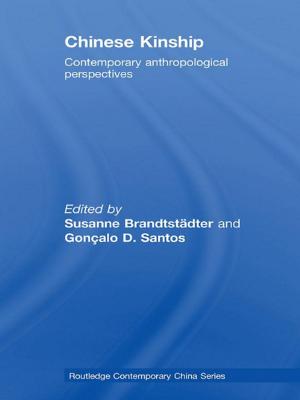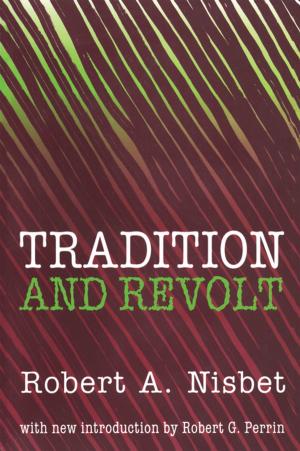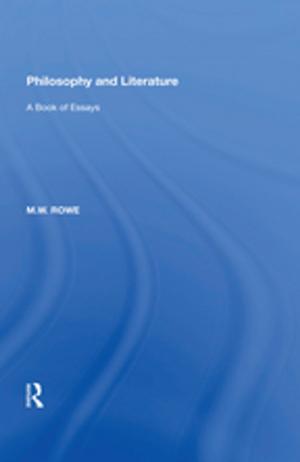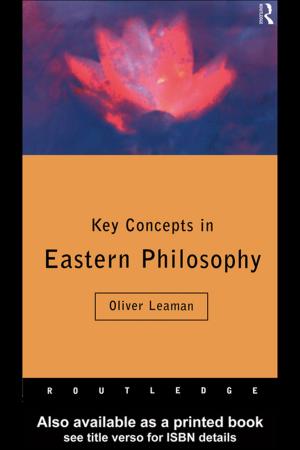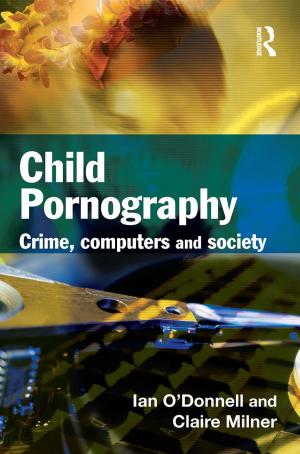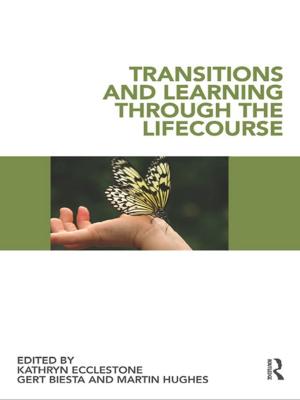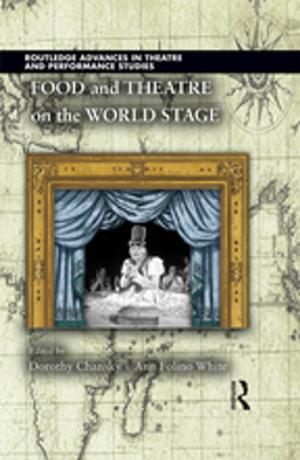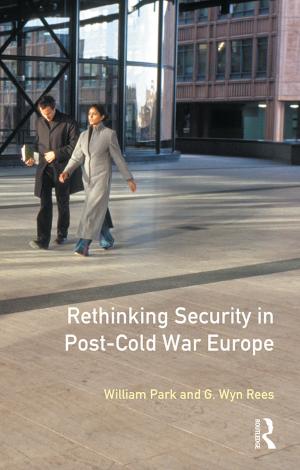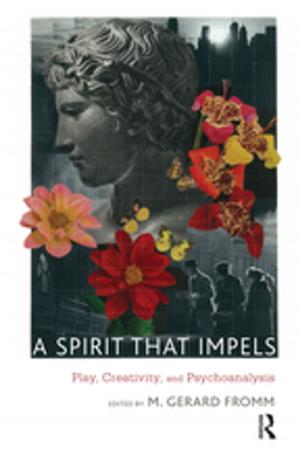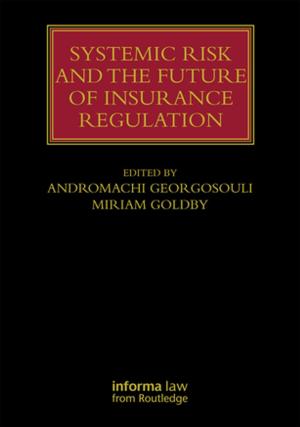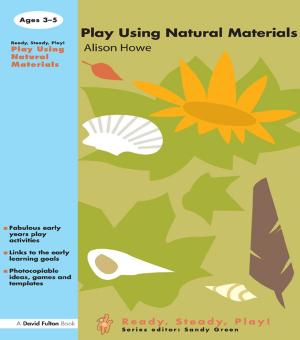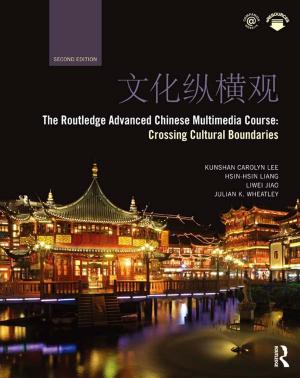| Author: | ISBN: | 9781317038764 | |
| Publisher: | Taylor and Francis | Publication: | March 23, 2016 |
| Imprint: | Routledge | Language: | English |
| Author: | |
| ISBN: | 9781317038764 |
| Publisher: | Taylor and Francis |
| Publication: | March 23, 2016 |
| Imprint: | Routledge |
| Language: | English |
The Old-French Chanson d'Antioche has long intrigued historians and literary scholars. Unusually among epic poems, it follows closely a well documented historical event - the First Crusade - and appears to include substantial and genuine historical content. At one time it was believed to be based on an account by an eye-witness, 'Richard the Pilgrim'. Carol Sweetenham and Susan Edgington have combined forces to investigate such claims, and their findings are set out in a comprehensive introduction which, firstly, examines the textual history of the poem from its possible oral beginnings through several re-workings to its present form, achieved early in the thirteenth century. A second chapter assesses the Chanson's value as a source for the crusade, and a third considers its status as a literary text. A complete prose translation follows, the first in English and based on the definitive edition. The Chanson is revealed as a lively narrative, with tales of chivalry, villainy, and even episodes of humour. There are extensive footnotes to the translation, and an appendix provides supplementary material from a different manuscript tradition. There is also a cast list of heroes and villains with biographical information for the 'real' ones and literary analogues for the fictional characters. The Chanson d'Antioche can now be read for enjoyment, and for a whole new perspective on crusading in the twelfth and thirteenth centuries.
The Old-French Chanson d'Antioche has long intrigued historians and literary scholars. Unusually among epic poems, it follows closely a well documented historical event - the First Crusade - and appears to include substantial and genuine historical content. At one time it was believed to be based on an account by an eye-witness, 'Richard the Pilgrim'. Carol Sweetenham and Susan Edgington have combined forces to investigate such claims, and their findings are set out in a comprehensive introduction which, firstly, examines the textual history of the poem from its possible oral beginnings through several re-workings to its present form, achieved early in the thirteenth century. A second chapter assesses the Chanson's value as a source for the crusade, and a third considers its status as a literary text. A complete prose translation follows, the first in English and based on the definitive edition. The Chanson is revealed as a lively narrative, with tales of chivalry, villainy, and even episodes of humour. There are extensive footnotes to the translation, and an appendix provides supplementary material from a different manuscript tradition. There is also a cast list of heroes and villains with biographical information for the 'real' ones and literary analogues for the fictional characters. The Chanson d'Antioche can now be read for enjoyment, and for a whole new perspective on crusading in the twelfth and thirteenth centuries.

